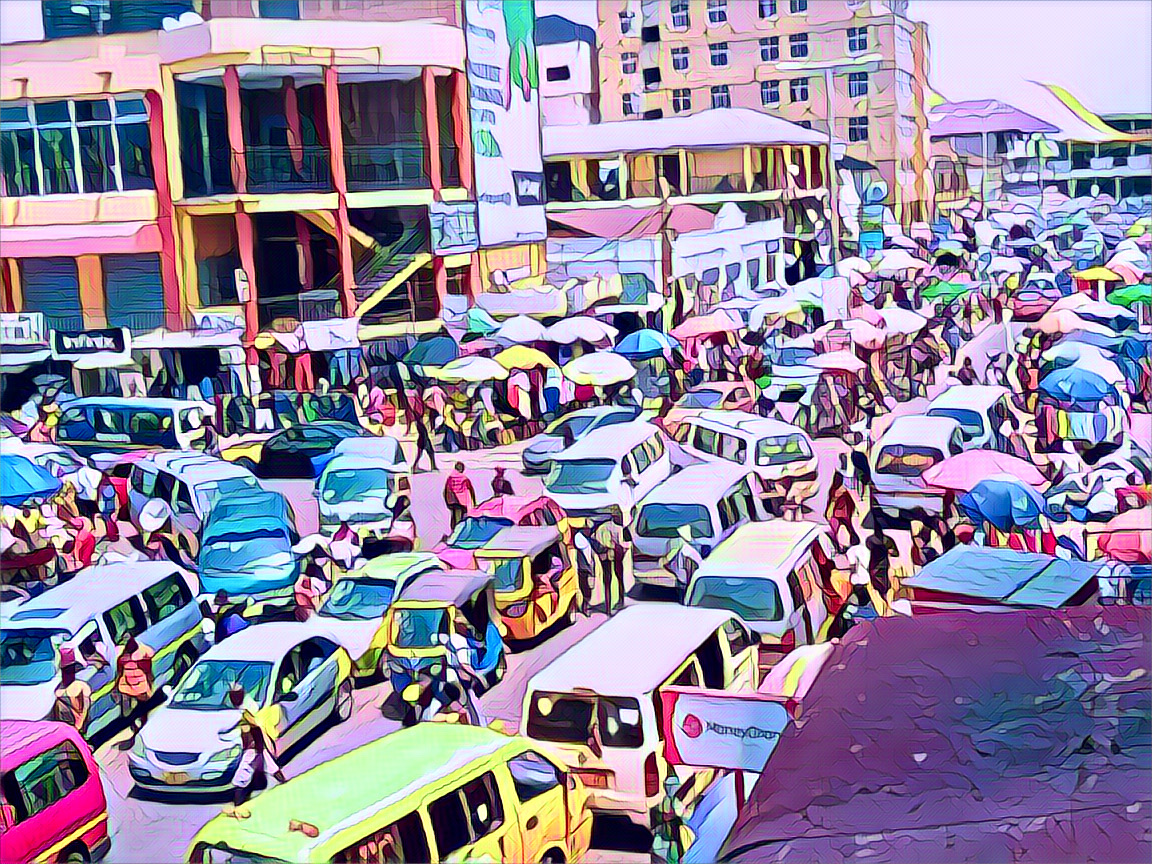The Ghana Private Road Transport Union (GPRTU) is set to adjust transport fares upward in response to the government’s recent implementation of the Emissions Levy Act, 2023 (Act 1112), a move aimed at reducing carbon emissions from vehicles across the nation. This development comes on the heels of the union’s decision to suspend a planned 20% fare increase in January after interventions from the Transport Ministry, only to be faced with the new emissions levy tax.
The levy, as stated by the government, is intended to encourage environmental sustainability by curbing vehicular carbon emissions. However, the GPRTU has expressed dissatisfaction, noting the additional financial burden will inevitably be passed on to passengers.
Discussions with Government Yield Little Respite for Transport Unions
In an interview with JoyNews, GPRTU spokesperson Abass Imoro revealed that despite engaging in discussions with both the Transport and Finance Ministries, the emissions levy was implemented, exacerbating the unions’ financial strains. “We had a serious conversation with the government representatives, hoping for a reconsideration of the tax due to its impact on our operations. Unfortunately, the levy was still rolled out,” Imoro shared.
The spokesperson lamented the redundancy of the emissions levy, pointing out the existing 10% charge on fuel purchases earmarked for sanitation and pollution. “It’s like being hit twice with the same stick, under different pretexts. We were assured of a review, but with the levy’s implementation, our hands are tied, and fare adjustments are inevitable,” he added.
Okada Riders Association to Petition Ghana Revenue Authority
The implementation has also ruffled feathers within the Okada Riders Association of Ghana, which announced plans to petition the Ghana Revenue Authority (GRA) over the levy. The association criticized the lack of consultation, stating that the government failed to gauge their capacity to bear the additional financial responsibility.
“The levy not only imposes a significant burden but also overlooks the cumulative costs our members bear annually, including insurance and roadworks,” the association commented. They stressed the need for a dialogue with authorities to adjust the levy to a more manageable figure.
Impact on Commuters and Call for Government Intervention
The fare adjustments anticipated by the GPRTU and the grievances aired by the Okada Riders Association signal a looming increase in transportation costs for Ghanaian commuters. With the transport sector already under pressure from rising operational costs, the additional levy threatens to further strain the public’s access to affordable transportation.
The transport unions’ call for government intervention underscores the delicate balance between environmental policies and economic realities faced by daily commuters and transport operators alike. As the GPRTU finalizes its new fare structure, and the Okada Riders Association moves forward with its petition, the coming weeks will be crucial in determining the outcome of this standoff between transport unions and the government over the emissions levy.
As the debate unfolds, the broader implications for Ghana’s commitment to reducing carbon emissions while ensuring economic viability for its transport sector remain to be seen. The government’s response to the unions’ concerns and the potential impact on public transportation affordability will be closely watched by stakeholders across the nation.




